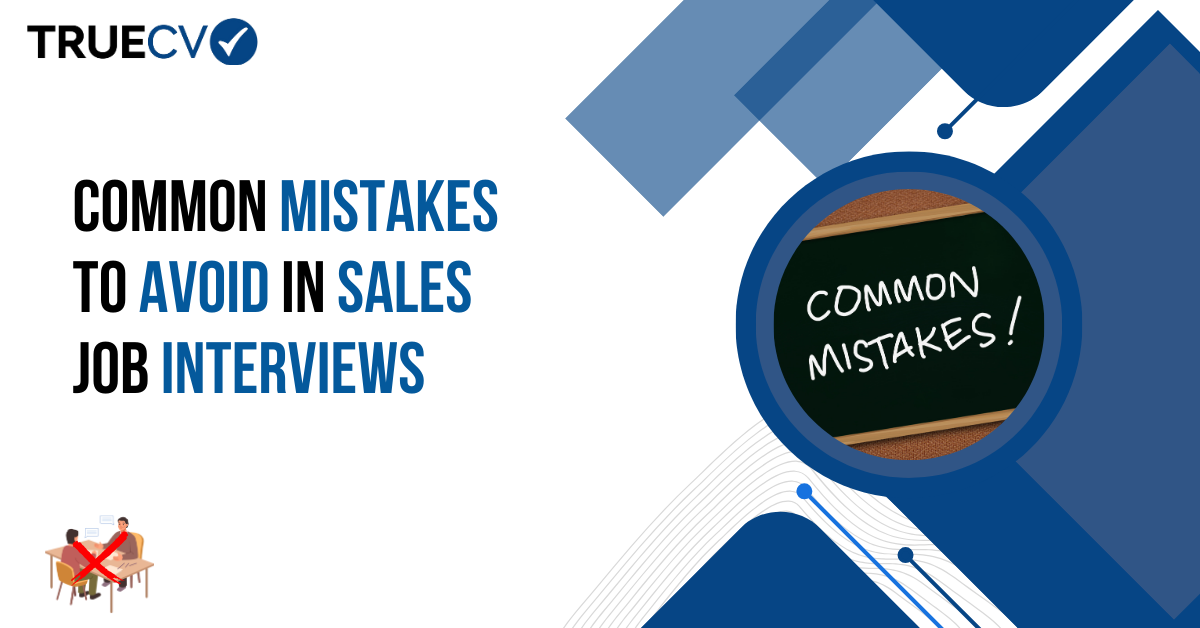
Common Mistakes to Avoid in Sales Job Interviews
Sales job interviews are uniquely challenging. Not only do you need to demonstrate your selling skills, but you also need to sell yourself effectively. Many candidates, despite having excellent sales records, often stumble during interviews due to common yet avoidable mistakes. Here, we will discuss some of these pitfalls and provide tips on how to avoid them, ensuring that you present yourself as the best candidate for the role.
1. Lack of Preparation
Preparation is crucial for any job interview, but it's especially important in sales. A lack of preparation can manifest in several ways:
- Insufficient Company Research: Not knowing key details about the company you're interviewing with is a major red flag. It suggests a lack of genuine interest and can undermine your credibility. Research the company's products, market position, competitors, and recent news.
- Unfamiliarity with the Role: Make sure you thoroughly understand the job description. Know what specific skills and experiences the employer is looking for and be prepared to discuss how your background aligns with these requirements.
- Neglecting to Practice Common Questions: Rehearse answers to common sales interview questions, such as discussing your past sales achievements, handling difficult clients, and your sales process.
Tip: Spend time studying the company and practicing your answers. Use the STAR method (Situation, Task, Action, Result) to structure your responses.
2. Failing to Quantify Achievements
Sales is a numbers game, and employers want to see concrete evidence of your past performance. Failing to provide quantifiable achievements can make your experience seem less impressive.
- Vague Statements: Avoid making vague statements like "I was successful in my previous role." Instead, provide specific metrics, such as "I increased sales by 30% in six months" or "I consistently exceeded my sales targets by 20%."
Tip: Before the interview, review your past performance and prepare specific examples that highlight your accomplishments. Use numbers and percentages to demonstrate your impact.
3. Poor Body Language
Your body language can communicate as much as your words. In a sales interview, confidence and enthusiasm are crucial, and poor body language can undermine these traits.
- Lack of Eye Contact: Avoiding eye contact can make you seem untrustworthy or uninterested.
- Weak Handshake: A weak handshake can signal a lack of confidence.
- Fidgeting or Slouching: These behaviors can make you appear nervous or disengaged.
Tip: Practice good posture, maintain eye contact, and offer a firm handshake. Be mindful of your body language throughout the interview.
4. Overselling or Underselling Yourself
Finding the right balance in selling yourself is key. Overselling can come off as arrogance, while underselling can make you appear lacking in confidence.
- Overselling: Boasting excessively about your achievements can be off-putting. Be proud of your accomplishments but stay humble.
- Underselling: Conversely, failing to confidently discuss your successes can make you seem unsure of your abilities.
Tip: Strike a balance by being confident but not arrogant. Use factual statements to back up your achievements and let your results speak for themselves.
5. Inadequate Handling of Rejection
In sales, handling rejection is part of the job. Employers want to see that you can handle setbacks professionally.
- Negative Attitude Towards Rejection: Speaking negatively about past rejections or failures can be a red flag.
- Inability to Learn from Rejections: Not demonstrating how you’ve learned from past rejections can suggest a lack of growth.
Tip: Frame rejections as learning experiences. Share stories about how you turned a rejection into a positive outcome or what you learned from a setback.
6. Neglecting to Ask Questions
Interviews are a two-way street. Not asking questions can signal a lack of interest or curiosity about the role and company.
- No Questions: Failing to ask any questions can imply that you’re not seriously considering the job or that you haven't thought critically about the role.
- Poor Quality Questions: Asking generic questions that could be easily answered by looking at the company’s website can show a lack of effort.
Tip: Prepare thoughtful questions that demonstrate your interest in the company and role. Ask about the company’s sales strategies, team structure, and opportunities for growth.
7. Inability to Demonstrate Soft Skills
Sales roles require strong interpersonal skills. Failing to showcase your soft skills can be detrimental.
- Lack of Communication Skills: Poor communication can make it difficult for you to effectively convey your ideas and achievements.
- Inadequate Problem-Solving Skills: Inability to demonstrate how you handle challenges can be a drawback.
Tip: Provide examples that highlight your communication, problem-solving, and relationship-building skills. Use real-life scenarios to illustrate these competencies.
8. Overemphasis on Money
While it’s understood that sales positions are often commission-based and earnings are a significant motivator, focusing too much on money can be a turn-off for employers.
- Money-Centric Attitude: Making it clear that your primary interest is the compensation can suggest that you’re not truly passionate about sales or the company.
Tip: Emphasize your interest in the role, the company, and the opportunity to contribute. Mention your enthusiasm for achieving targets and helping the company grow.
9. Not Following Up
Following up after an interview is a crucial step that many candidates overlook.
- No Follow-Up: Failing to send a thank-you email can make you seem ungrateful or disinterested.
- Generic Follow-Up: Sending a generic follow-up message can lack impact.
Tip: Send a personalized thank-you email within 24 hours of the interview. Mention specific points discussed during the interview and reiterate your interest in the role.
Conclusion
Avoiding these common mistakes can significantly enhance your performance in sales job interviews. Preparation, confidence, and effective communication are key. By researching the company, quantifying your achievements, maintaining positive body language, and showcasing your skills and experiences, you can make a strong impression and increase your chances of landing the sales job you desire. Remember, every interaction in the interview process is an opportunity to sell yourself, so approach it with the same dedication and strategy you would apply to closing a big deal.








